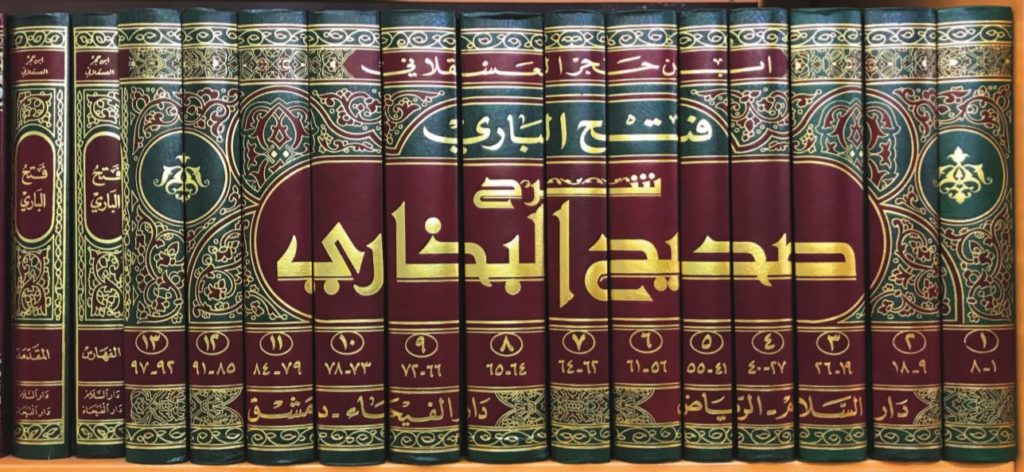
Hazrat Mir Muhammad Ishaqra
Once, two very talented and eloquent orators came to Mecca from Najad. In Mecca, they delivered an astoundingly eloquent and impactful speech that left the inhabitants of Mecca astonished and speechless. Even the Holy Prophet, peace and blessings of Allah be upon him, applauded their address and said:
ان من البیان لَسحرًا
“Surely, some speeches are magic”. Some take the meaning of sehr to always, literally, mean “magic” and “spells and charms”; for this reason, they face great difficulty in understanding some parts of the Holy Quran.
The hadith mentioned [above] negates those who hold this view, that sehr always literally means magic etc. The [Arabic] etymology of sehr is
مَا دَقْ وَلَطُفَ مَأخذُہُ
i.e. that thing whose origin is very subtle and elusive. For this reason, the word sehr is used for those material means that are applied to either benefit or cause harm to someone, but whose knowledge the recipient has no knowledge of prior to it. This also goes for non-material means that are extremely discrete and cause harm or benefit.
In terms of oratory, not every speaker has the same effect. It is the arguments presented by the speaker that have an effect or the manner of their delivery and how much eloquence God has given them. Impactful arguments and eloquence are things which cannot be seen.
For this reason, the hadith cited means that some speeches that are full of irrefutable arguments and strong proofs while also delivered in the most eloquent and impactful manner, can also be called sehr (magic).
(Originally published in Al Fazl on 13 April 1940 in the form of notes taken by Mahmood Ahmad Khalil Sahib from the lectures on hadith by Hazrat Mir Muhammad Ishaqra, a scholar of hadith and brother-in-law of the Promised Messiahas)


Very informative